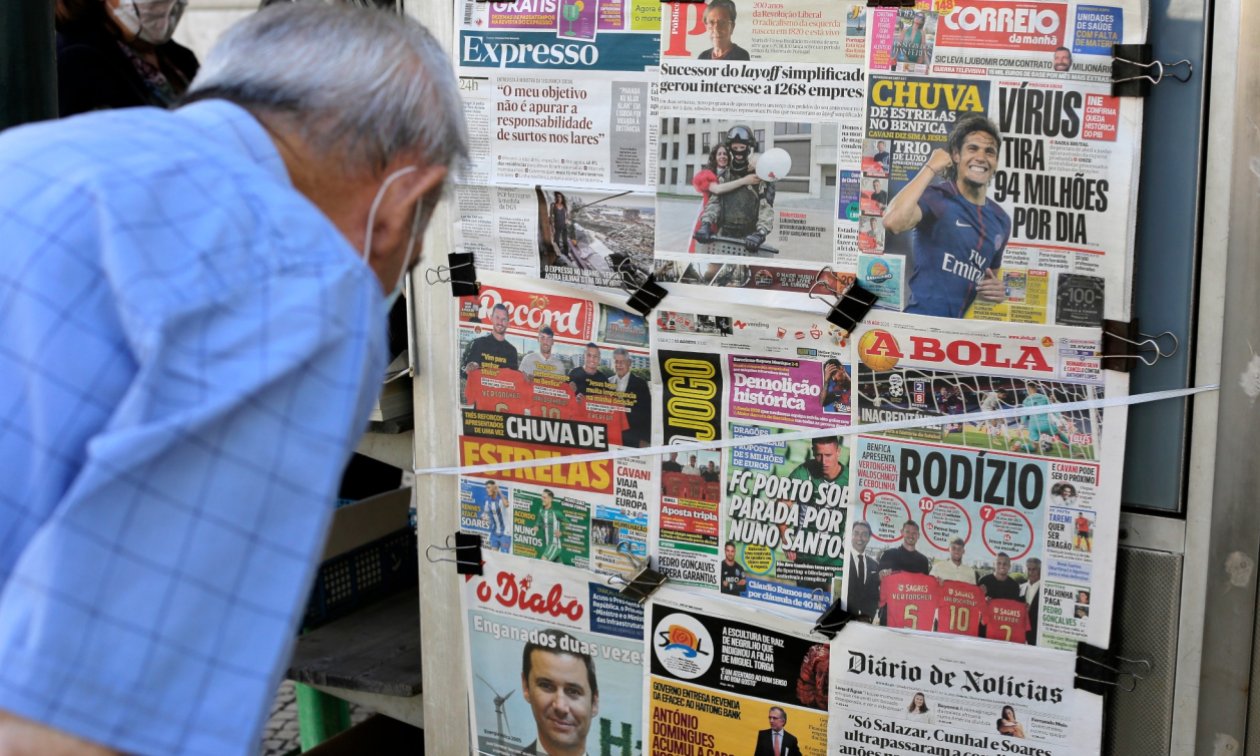The Portuguese media sector is in the throes of a serious financial and economic crisis. Leading publications have seen their circulations plummet in recent years. Only a handful of media companies have managed to successfully make the leap from print to digital and thus recoup their losses.



















